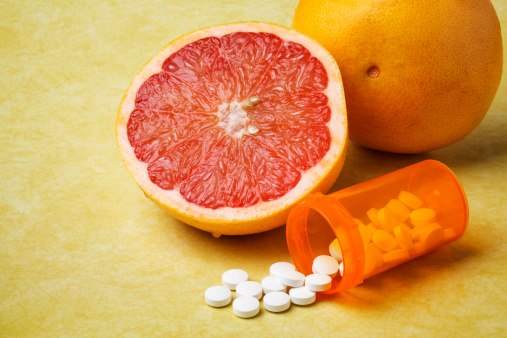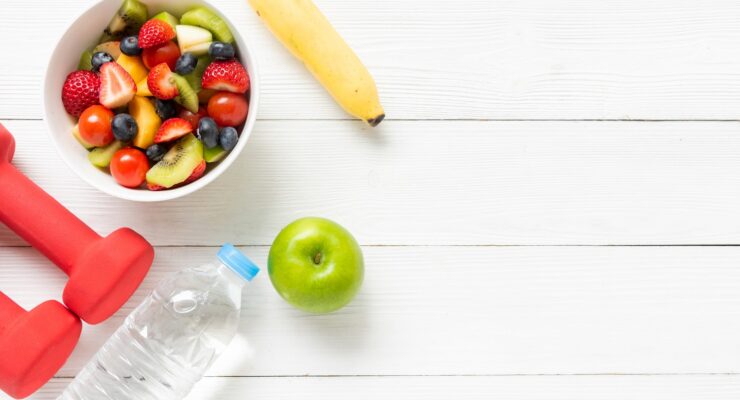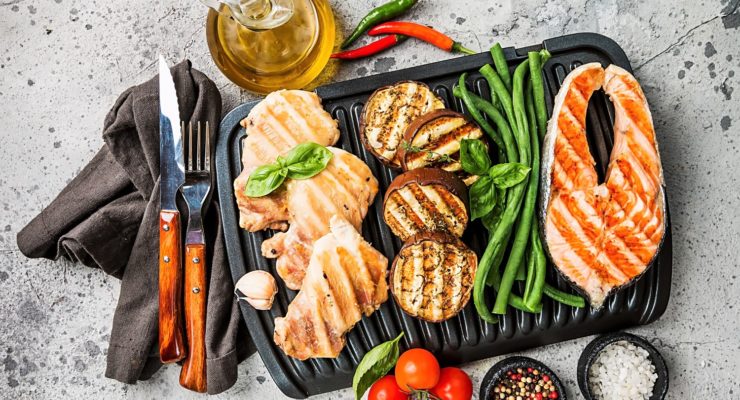4 Food-Drug Interactions To Beware
Article posted in: Lifestyle
A healthy, diverse diet is the best kind of preventative medicine. But in some cases nutritious foods can interfere with the functioning of commonly prescribed drugs. These four examples, courtesy of the Academy of Nutrition and Dietetics and the Food and Drug Administration (FDA), show you how certain foods can be an unhealthy choice when you’re taking specific medications. Just bear in mind we’re not giving medical advice: The examples here are meant only to urge you to protect yourself and your family by reading warning labels. You should always ask both your doctor and your pharmacist about any food-drug interactions of which you should be aware.
GRAPEFRUIT
Medications impacted: Antihistamines, blood pressure drugs, thyroid replacement drugs, birth control, stomach acid-blocking drugs and cough suppressants.
Why: While grapefruit is a healthy source of vitamin C, the tart citrus drink stimulates your metabolism, which can have a direct impact on how much of the medicine your body absorbs and how quickly. Compounds in grapefruit called furanocoumarins can inhibit the proper metabolization of the drugs.
What to do: Oranges and other citrus fruit do not contain these compounds, so you can enjoy them instead.
LEAFY GREENS
Medications impacted: Blood-thinning drugs, such as Warfarin, prescribed to prevent internal clotting.
Why: Leafy vegetables, such as kale, spinach, and collards, are high in many nutrients, particularly vitamin K, which your body uses to prevent excessive bleeding. Vitamin K counteracts the effects of blood thinners.
What to do: You can still eat the nutritious greens in moderate amounts, but balance them with low Vitamin K foods such as cucumbers, sweet potatoes and eggplant.
CAFFEINE
Medications impacted: Bronchodilators, drugs used to prevent and treat breathing problems from asthma, bronchitis, emphysema and other pulmonary conditions.
Why: Coffee, energy drinks, and other high caffeine foods increase the chance of side effects, such as excitability, nervousness, and rapid heart beat, that can occur with medicine aimed at opening air flow.
What to do: Brew up caffeine-free herbal teas instead of the daily cup of joe.
SALT SUBSTITUTES
Medications impacted: ACE inhibitors for high blood pressure and digoxin prescribed for arrhythmia and other heart conditions.
Why: Patients with hypertension (high blood pressure) and other cardiac conditions are typically advised to reduce their consumption of sodium. Salt substitutes are high in potassium, while the drugs known as ACE inhibitors generate increased potassium levels in the blood. Excessive potassium can cause an irregular heartbeat and heart palpitations (rapid heart beats). And it can reduce the effectiveness of digoxin.
What to do: Instead of salt substitutes, flavor your food with fresh herbs and spices, garlic, and other seasonings that are naturally low in sodium.










